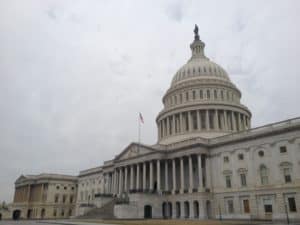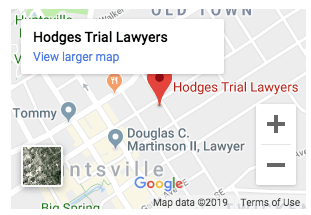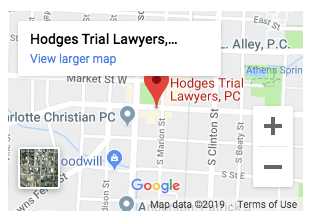What is a Whistleblower?
What can you do if your boss is unethical or demands that you do unethical things? Well, if the boss happens to be cheating the government, the answer is quite a bit. And you can be rewarded for it. A person who “blows the whistle” on fraud is entitled to between 15% – 30% of the amount recovered by the government in fines, a settlement or a jury award — which can run in the millions of dollars. From 1987 to 2012, the government recovered nearly $35 billion under the False Claims Act.
When Is It Necessary to Become a Whistleblower?
Fraud can, and does, occur in many taxpayer funded industries — defense contracting, pharmaceuticals, Medicaid and Medicare programs, income tax payments, customs duties on imported goods, school grant programs – to name but a few. The variety of ways to cheat the government out of taxpayers’ dollars is virtually unlimited.
Whistleblower (or “qui tam”) cases are filed under seal in order to give the government the opportunity to investigate. That protects the identity of the whistleblower initially. The law also provides protection from retaliation.
When Should You Hire a Whistleblower Lawyer?
The decision about whether to become a whistleblower is a personal one that involves professional risk. Our lawyers, along with our network of experts, can help.



